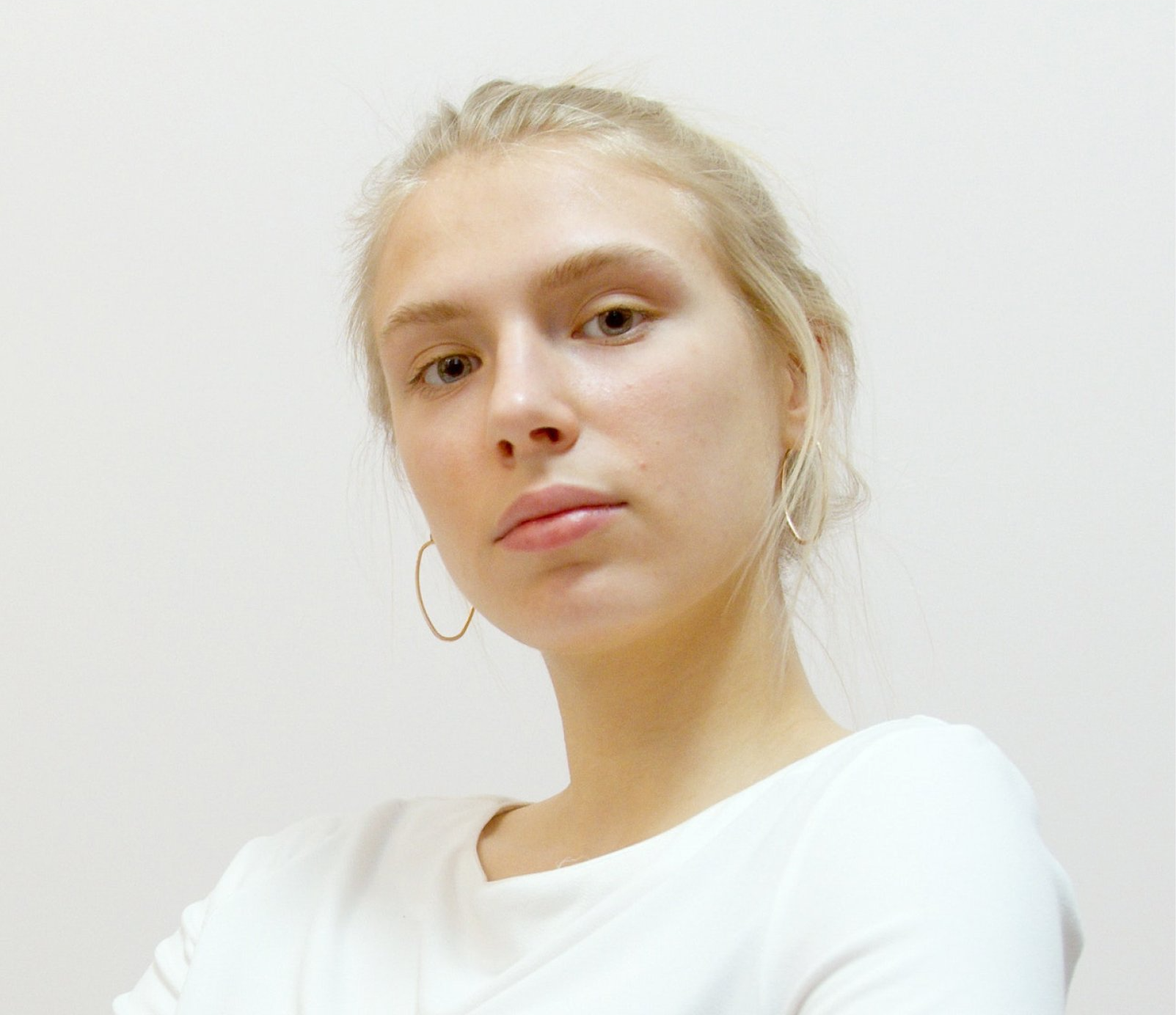While the primary problems caused by ADD (Attention Deficit Disorder) are related to the affected individual, the typical disruption of harmonious family dynamics often equals or exceeds this in overall scope and impact. It is helpful to keep in mind that there are three distinct types of this disorder (primarily inattentive, hyperactive-impulsive, and the combined form), and the described impacts will vary in accordance with the type of ADD present.
In my clinical experience, the following disruptions to family life are common and significant when ADD is present in one or more members of the family:
- Morning routines are made more difficult by excess playing, slowness at
getting up and/or following directions. - Often difficult day at school causes stressed child returning into home
- Pressure from school (notes, phone calls, etc.) often causes unwarranted
parental guilt and blaming - Homework often takes too long, is difficult to start, requires constant
monitoring to complete, thus overloading parents already tired from their
work day (deprived of their needed relaxation) - Homework conditions also deprive other children and spouses of their
necessary attention, with negative ramifications - Sleep disturbances (difficulty going to sleep and staying asleep, early rising)
cause fatigue in child and others in family - 80-85% of ADD is genetic, therefore, there is frequently another member of
the family (parent and/or child) who also has ADD (perhaps to a lesser
extent), increasing the disturbances in family dynamics - The ADD child’s frequent loss of learning, increased stress levels, and low
self esteem gains momentum from year to year, as do the above family
disturbances.
Unfortunately, these patterns repeat constantly as long as the child is in the home (sadly, this too is often affected by the disruption caused by the disorder). The simplest and most thorough solution to these problems is to successfully treat the disorder. Many parents fail to do so because of a fear of the significant side effects of medication. Fortunately, there is an alternative to medication in the treatment of ADD.
Neurofeedback is a painless, side effect-free procedure in which the person learns to re-train the attention mechanisms of the brain, alleviating the condition. Once the treatment is complete, no further training is necessary and family dynamics should return to within normal standards.
To request information on the treatment of Attention Deficit Disorder (ADD, ADHD), Mild to Moderate Autism Spectrum Disorders, Sleep Disorders, Chronic Depression, Chronic Anxiety, and Peak Performance Training contact:
Website: www.ocbiofeedback.com



